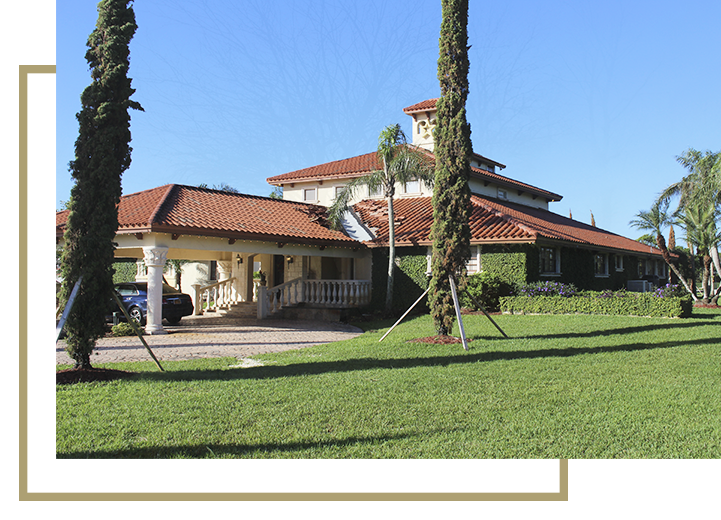FIND THE ANSWERS
TO THE MOST COMMON QUESTIONS.
Not sure how to proceed with a claim? Don’t Worry! No matter what stage of the claims process you are in, contact us to discuss your options.
The entire claim process can be intimidating, confusing, and frustrating. Without experience navigating the claims process a claim can easily spiral out of control. We are here to answer all your questions about your claim and guide you every step of the way.


